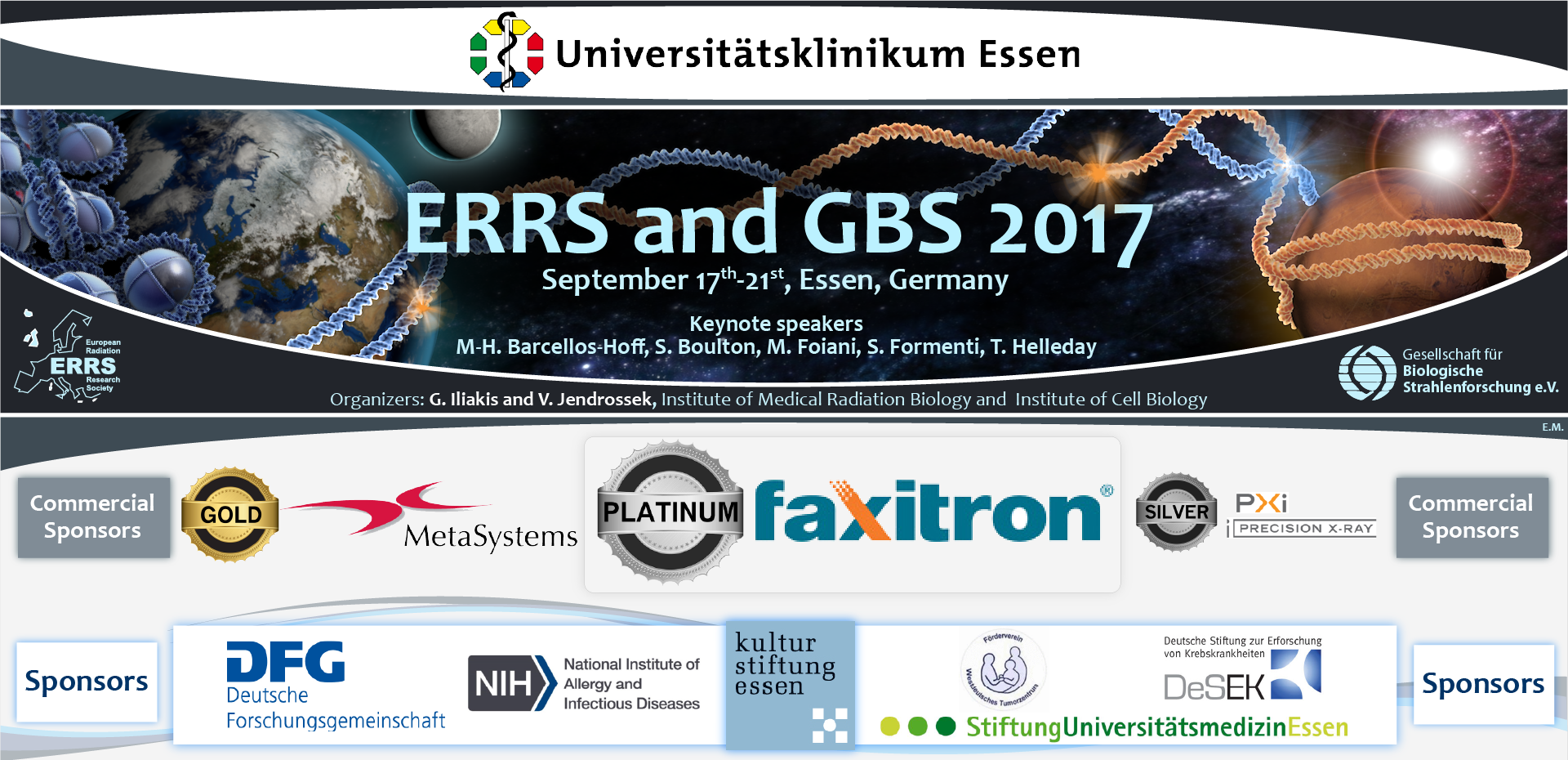The ASEAN Free Trade Area (AFTA) is an agreement made by the member countries of the Association of Southeast Asian Nations (ASEAN). The goal of the agreement is to create a free trade area among the member nations, allowing for the removal of tariffs and other trade barriers in order to increase intra-regional trade.
The AFTA agreement was signed in 1992 and has been implemented in phases. The final phase of the agreement was completed in 2015, with the removal of tariffs on nearly 100% of goods traded between the ASEAN member nations.
One of the key benefits of the AFTA agreement is that it has led to increased trade among the member countries. This has helped to boost economic growth in the region and create new opportunities for businesses of all sizes. In addition, the agreement has helped to strengthen the political and economic ties between the ASEAN member nations.
Another benefit of the AFTA agreement is that it has helped to attract foreign investment to the region. With the removal of trade barriers, foreign companies are more likely to invest in the ASEAN region, as they can take advantage of the lower costs and increased market access that the agreement provides.
However, there are still some challenges that the ASEAN member nations face as they work to fully implement the AFTA agreement. For example, there are still non-tariff barriers, such as regulations and licensing requirements, that can make it difficult for businesses to expand into new markets. Additionally, some member nations have been slower to fully implement the agreement, which can create inconsistencies in trade practices among the ASEAN countries.
Despite these challenges, the AFTA agreement remains an important step forward for the ASEAN region. By promoting free trade and economic integration, the agreement is helping to create new opportunities for businesses and improve the lives of people throughout the region. As the ASEAN member nations continue to work together to fully implement the agreement, we can expect to see even more benefits in the years to come.
